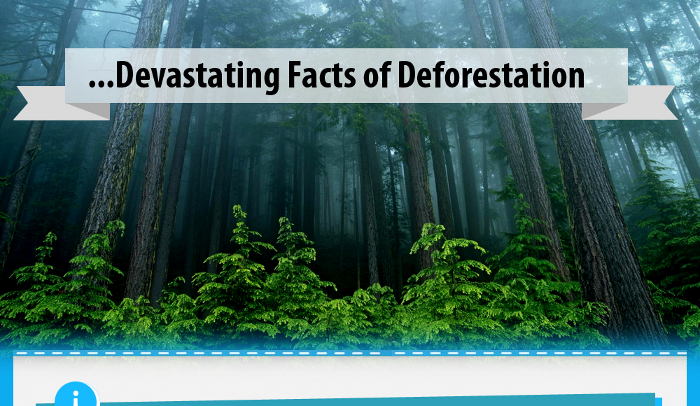Benefits of Deforestation – Unlocking the True Potential
Deforestation, often seen as a destructive practice, has been a topic of debate for many years. While it is true that deforestation can have negative consequences for the environment, it is important to recognize that there are also potential benefits that can arise from this activity. In this article, we will delve into the various advantages of deforestation, shedding light on the lesser-known aspects of this controversial subject.
Increased Agricultural Opportunities
One of the key benefits of deforestation is the creation of new agricultural opportunities. By clearing forests, vast tracts of land become available for cultivation, allowing for increased food production to meet the demands of a growing population. This expansion of agricultural land can help alleviate food shortages and enhance global food security.
Economic Growth and Job Creation
Deforestation can also stimulate economic growth and job creation in many regions. As new land becomes available for development, it opens doors for industries such as logging, mining, and agriculture. These industries not only generate revenue but also provide employment opportunities for local communities, contributing to poverty reduction and overall economic prosperity.
Infrastructure Development
Clearing forests can pave the way for infrastructure development, including the construction of roads, highways, and buildings. Improved infrastructure facilitates transportation and connectivity, enabling better access to remote areas and fostering regional development. This can lead to improved education, healthcare, and overall quality of life for communities residing in previously inaccessible regions.
Renewable Energy Potential
Deforestation can also unlock the potential for renewable energy sources. By clearing forests, areas suitable for the installation of solar panels, wind turbines, and hydroelectric power plants can be identified. This transition to renewable energy not only reduces reliance on fossil fuels but also contributes to mitigating climate change, promoting a sustainable future for generations to come.
Biodiversity Conservation
While it may seem counterintuitive, controlled deforestation can aid in biodiversity conservation. By selectively removing certain trees or vegetation, it is possible to create diverse ecosystems that support a wider range of species. This practice, known as managed deforestation, can help restore balance to ecosystems and promote the survival of endangered species.

Deforestation is a complex and multifaceted issue that requires careful consideration. While it is crucial to acknowledge the negative impacts associated with deforestation, it is equally important to recognize the potential benefits that can arise from this practice. By exploring the advantages discussed in this article, we can gain a more comprehensive understanding of the topic and work towards finding sustainable solutions that balance environmental preservation with societal needs.
Frequently Asked Questions about the Benefits of Deforestation
1. What are the benefits of deforestation?
Deforestation can provide land for agriculture, timber for construction, economic growth, and development opportunities.
2. Does deforestation help in reducing poverty?
Deforestation can contribute to reducing poverty by creating jobs in the timber industry and providing land for agricultural activities.
3. How does deforestation impact the economy?
Deforestation can boost the economy by creating revenue from timber exports, stimulating local industries, and attracting investments in agriculture.
4. Are there any environmental benefits of deforestation?
While deforestation is generally harmful to the environment, it can have some benefits like creating open spaces for new ecosystems to develop and supporting certain species adapted to open habitats.
5. Can deforestation help in land development?
Deforestation can provide land for various development purposes such as building infrastructure, expanding urban areas, and establishing industrial zones.
6. Is deforestation necessary for agricultural expansion?
Deforestation is often seen as a means to expand agricultural land, but sustainable agricultural practices and land management can help minimize the need for deforestation.
7. Does deforestation contribute to climate change?
Deforestation is a significant contributor to climate change as it releases large amounts of carbon dioxide into the atmosphere, reducing the Earth’s capacity to absorb greenhouse gases.
8. Are there any social benefits of deforestation?
Deforestation can create employment opportunities, improve access to resources, and support the development of local communities.
9. Can deforestation lead to increased biodiversity?
While deforestation generally leads to a loss of biodiversity, in some cases, it can promote the growth of new habitats and support species that thrive in open areas.
10. How can we mitigate the negative impacts of deforestation?
We can mitigate the negative impacts of deforestation by promoting sustainable forestry practices, reforestation efforts, and implementing conservation measures to protect ecosystems and wildlife.




